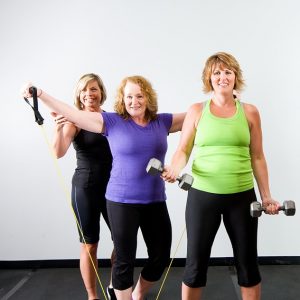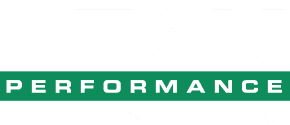Exercise is an important part of a healthy, balanced lifestyle. Creating the habit of a regular exercise routine provides numerous health benefits including an increase fat free mass, lower blood pressure, and help stimulate cognitive function. It’s important to note that developing a safe and effective exercise regimen is key at any age from younger athletes to senior citizens. Poor exercise selection can result in injury, over reaching and over training. So how can you select the right program to avoid over training?

First, let’s define overtraining. Overtraining is the excessive frequency, volume or intensity of training that results in extreme fatigue, illness or injury (which is often due to lack of sufficient rest, recovery, and perhaps nutrient intake). There are two types of overtraining, aerobic and resistance. Aerobic endurance overtraining results predominantly from an excessive volume overload, this relates to cardiorespiratory training (i.e. running, cycling). Training within the appropriate heart rate zone is important for avoiding overreaching or overtraining. Equipment such as a heart rate monitors are great for those exercising at high intensity workloads to assess target heart rate zones and track progress over time.
The second type of overtraining is resistance overtraining. Resistance overtraining primarily results from excessive high-intensity overload; more specifically too many repetitions using heavy weights or too rapid a rate of progression. For prevention of overtraining, an important component would be a properly planned periodization program developed by an exercise physiologist. This type of programming allows the body to adapt to the stress (exercise) that it is being placed under at a safe rate of progression and volume of the workload.
Different types of overtraining (aerobic, resistance) have been reported to have different signs and symptoms, although performance decrements are commonly a key aspect of both. Signs and symptoms of over training are under or impaired performance, fatigue or exhaustion, mood disturbances, apathy, disturbed sleep, loss of appetite and irritability. There is a high degree of variability between individuals with regard to developing overtraining. Training practices that cause some individuals to thrive may lead to overtraining in others. It is critical to have sufficient rest between training days to facilitate the recovery process. The amount of rest, however, depends on the duration and intensity of the training program and should be individualized for each person. Periods of high-volume or high-intensity training (especially in high level athletes) require sufficient recovery.
Brandon Ayala, CSCS


